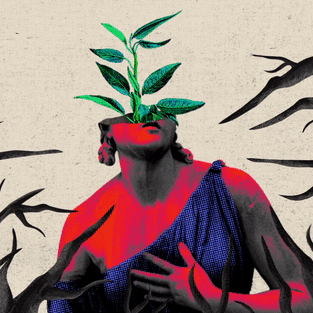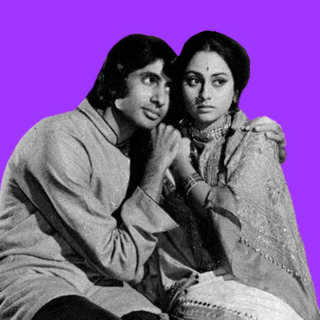In The Buzz Cut, we bring you a round-up of news you wish wasn’t news.
Actor Searches for Imaginary Bridge in Film While Burning Real Ones
An actor has just added another feather in his patriotic cap: playing an archeologist who unearths a legendary bridge from mythology. A new film shows the actor playing a reluctant secularist who quickly abandons fact for fiction as he races to identify and save a mythological bridge. While the mythological aspect is one reading of the bridge, another is that it signifies how it’s now easier than ever to seamlessly travel across great distances: starting at fiction and ending up at fact. The actor was reportedly so committed to the bit that he forgot to act. He is increasingly earning recognition as a purveyor of mythology through great archeological feats — like unearthing the wherewithal to fill his propaganda portfolio. Indeed, he truly puts the “where” in “wherewithal” in his quest for the bridge — all while burning the real bridges that could lead him back to his lost credibility.
*
Indians Celebrate Ascension of Brown Man in Another Country as Personal Victory
Indians are good at sharing, it is said — and so they shared in the victory of a man with Indian roots ascending to power in a totally different country. It’s not only a win for representation but also for decolonization, as a brown man finally claimed the power to oppress other brown people. It’s true that the man in question isn’t too keen on sharing the land with others, even if they’re brown. Nevertheless, it’s a symbolic moment as Indian-origin people finally get to participate in imperialism from the other side.
*
Proud Hindu Writes Biography of Man Who Called for Hinduism to End
A man who famously wrote a treatise to explain why he is Hindu has now published the definitive biography of a man who wished to abolish Hinduism. The Hindu loyalist wrote about the anti-caste reformer and the architect of equal rights in the country with objectivity and nuance, it is being said. As a famed proponent of both sides, he deemed himself to be the best candidate to write about a man who would never be caught dead in either of the sides his biographer occupies. But as a prolific orator, the biographer made a convincing case for why he chose to write this book: it’s because he is, after all, a Hindu — meaning that in this country, he can do whatever he likes.
*
Artist Takes Accountability for Critiqued Portion of Art by Removing It
An artist was criticized for a subjective choice in her art. So she did what any good and accountable artist would do: she removed the few seconds of a music video depicting that choice. The subject of controversy itself was debatable: in depicting her struggle with an eating disorder, critics said she inadvertently relied on fatphobic messaging. The artist then took responsibility for cleaning up the discourse by deleting the moment altogether, thereby ceasing all debate on the matter and fulfilling the purpose of art and culture: to not engage with anything deeply at all.




